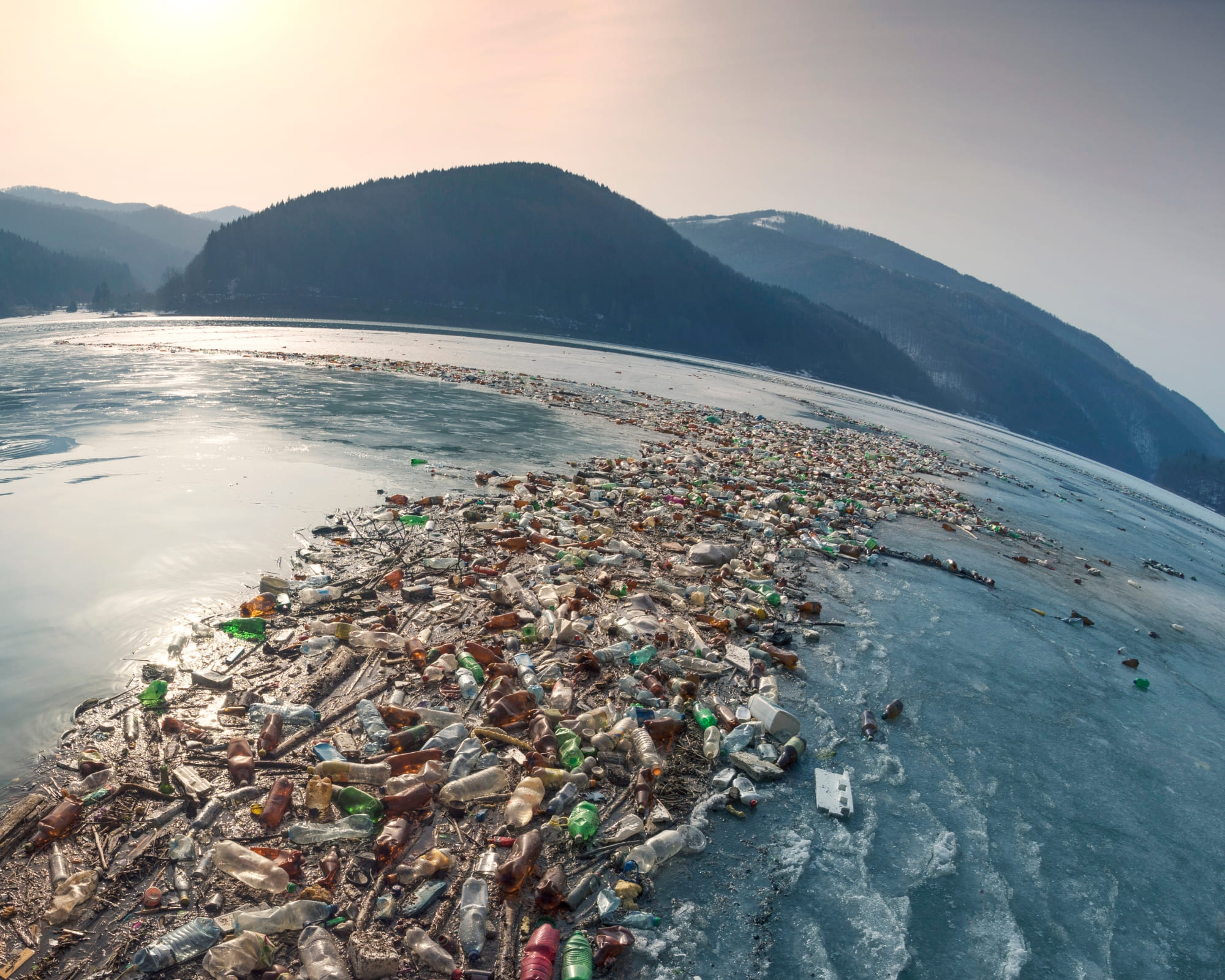While the world discusses solutions to the plastic crisis, conscious tourism and sustainable travel experiences are gaining ground in environmental conservation.
On June 5, World Environment Day draws attention to one of the greatest contemporary challenges: plastic pollution. Created by the United Nations, the date is dedicated to reflecting on the urgency of environmental preservation. In 2025, the chosen theme is “Ending global plastic pollution,” reinforcing the warning about the impacts of excessive plastic consumption, which already extends beyond the oceans and reaches human bodies, the food chain, and entire ecosystems.
According to Oceana, an international organization that advocates for the preservation of the seas, Brazil is among the largest plastic polluters on the planet. The country dumps 1.3 million tons of plastic every year. As a result, there is growing pressure for structural changes and more conscious habits. In the tourism sector, ecotourism has been consolidating itself as a viable and educational alternative for those who want to explore the world with less environmental impact.
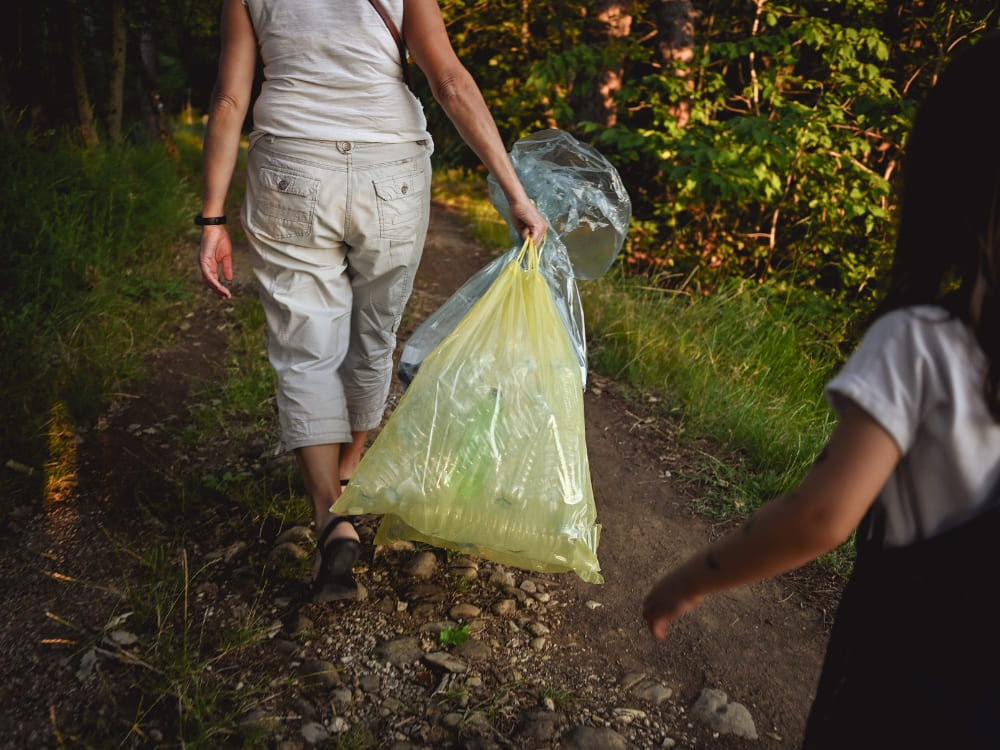
Photo: Yuliya Taba
Drawing on PlanetaEXO’s experience with nature-based and low-impact tourism, we’ve put together simple and effective tips to help reduce plastic use while traveling. In line with the message of World Environment Day, these practices highlight how ecotourism can raise awareness through direct experience.
“By offering journeys to remote and often fragile areas, ecotourism makes people witness the damage caused by plastic pollution. They return changed. That personal shift is the first step toward collective impact,” says Lucas Ribeiro, founder of the platform. Check out the tips below:
1. Bring your own reusable bottle
It seems obvious, but it’s still one of the most neglected habits among travelers. Plastic bottles are still among the main types of waste found on trails, rivers, and beaches. To avoid disposing of this material, always bring a reusable bottle. Models with thermal insulation or filters are ideal for keeping water cool and safe during long expeditions, without relying on disposable packaging.
2. Say no to plastic packaging on trails
Avoid consuming processed snacks, such as cereal bars or chips, which generate waste that is difficult to manage in natural areas. Choose fresh or dry foods carried in reusable containers, waxed cloths, or fabric bags. In addition to reducing waste, you encourage more conscious consumption.
3. Be part of the cleanup
Even when it’s not yours, picking up trash you find along the way is a gesture of collective responsibility. Plastic bags, bottle caps, and packaging are common on trails and in wooded areas. By removing them, you directly contribute to the preservation of the ecosystem and inspire other travelers to do the same.
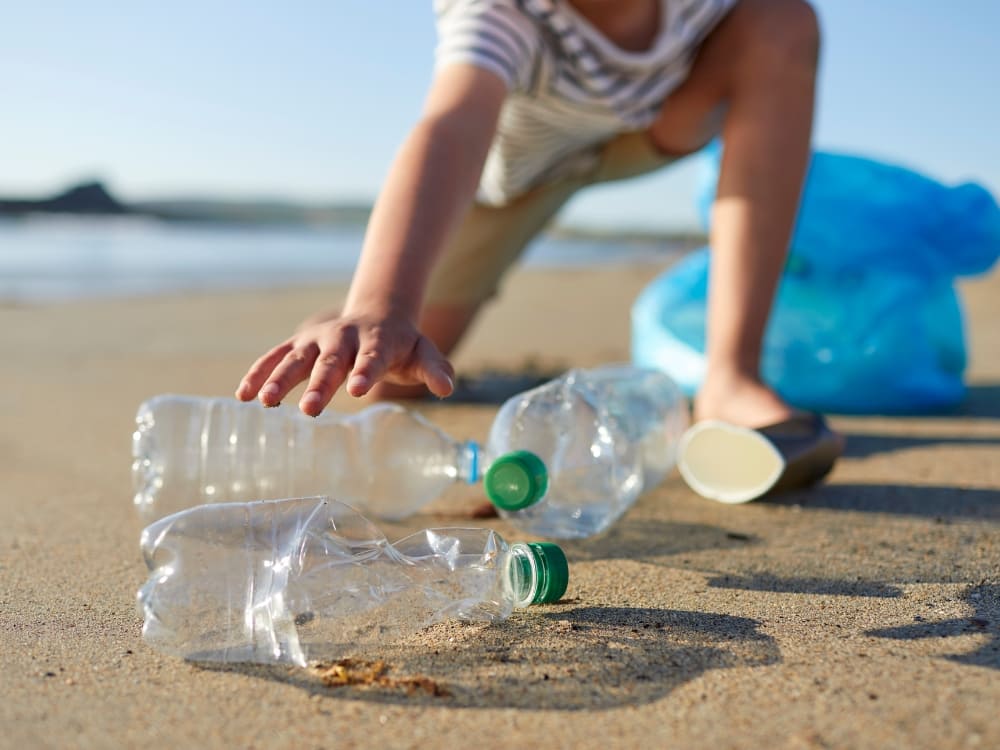
Photo: Neustock Images
4. Get informed and share
Before traveling, learn about the impacts of plastic pollution in the region and the best practices adopted locally. During your trip, share this knowledge with others, whether in conversation or on social media. Individual examples help to form a collective culture of respect for the environment.
5. Choose sunscreens without plastic and microplastics
Many sunscreens come in plastic packaging and also contain microplastics in their composition, which end up in rivers and seas, directly affecting aquatic life. Choose biodegradable, plastic-free options with solid or refillable packaging. It’s a simple choice that reduces your environmental impact without compromising skin protection.
👉 Do you also want to learn more about the positive impacts of ecotourism? Click here to read
6. Encourage and support local communities that recycle
In many natural destinations, waste management is carried out by cooperatives or small local groups. Supporting these initiatives, whether by hiring their services or buying recycled products, strengthens the region’s economy and directly contributes to reducing irregularly discarded plastics.
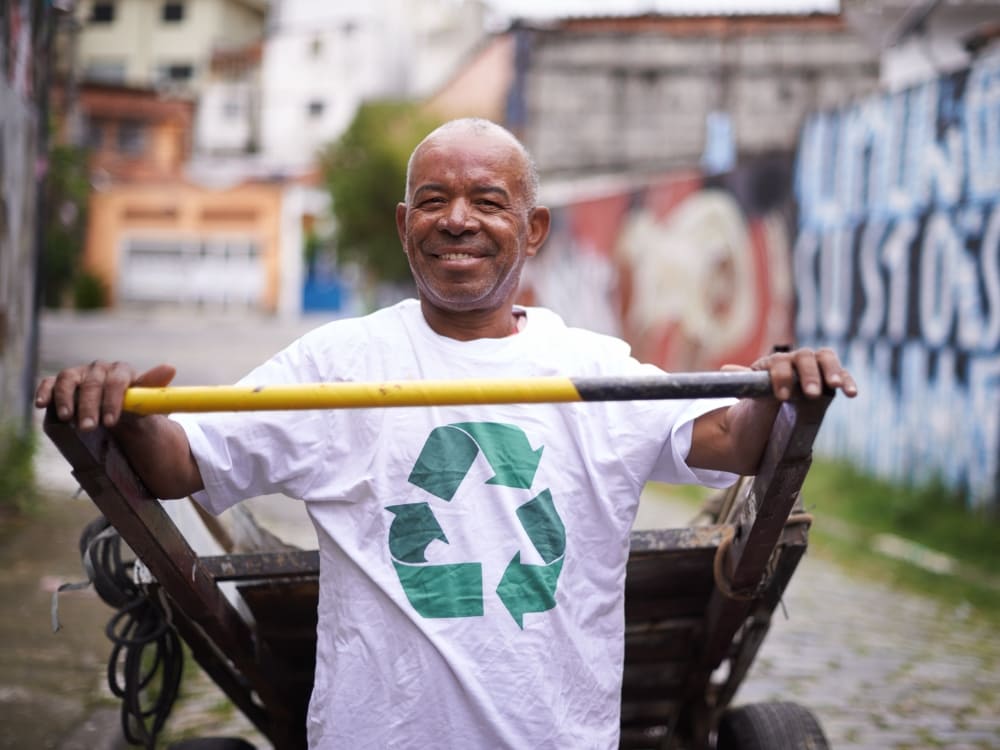
Photo: People Images
7. Store your trash until you find the right place to dispose of it
On trails or in remote areas, it can be difficult to find trash cans or collection points. Therefore, bring a sturdy bag to store your trash until you can dispose of it properly. It’s a basic but essential step to prevent the accumulation of waste in protected areas.
8. Avoid industrially packaged snacks on trails
In addition to generating more waste, these products are generally not reusable or recyclable in the field. Prepare your own snacks in advance or buy in bulk. This avoids the use of disposable plastics and also allows for healthier and more economical food choices.
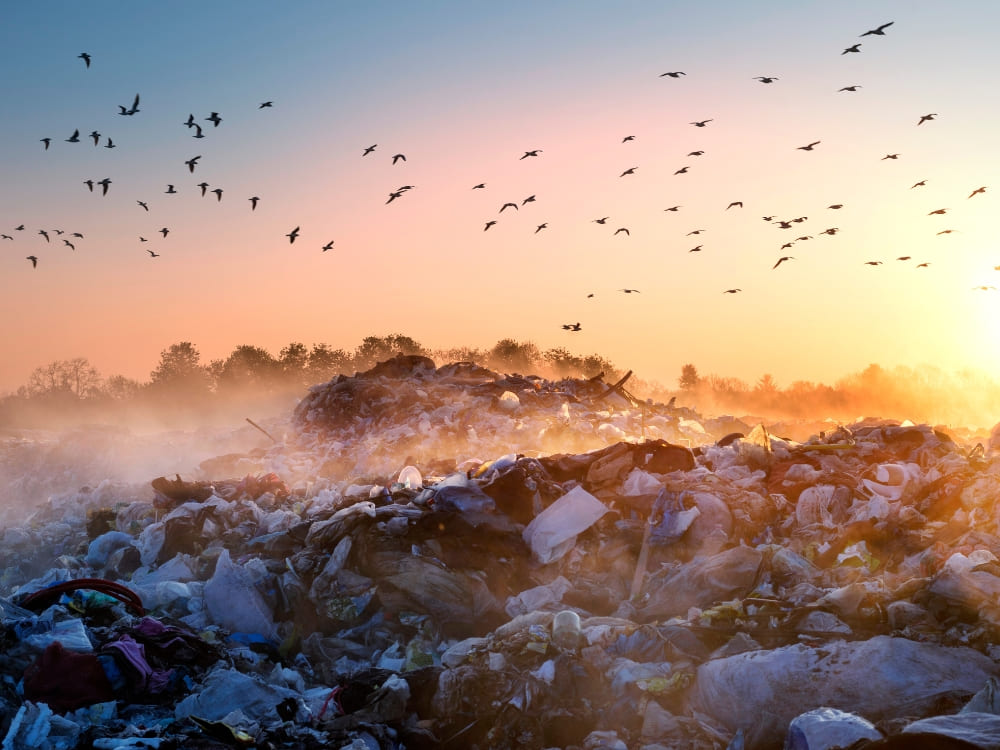
Photo: Panaramka
9. Use reusable containers to store food and personal items
They are practical for carrying snacks, leftovers, or hygiene products while traveling. And although it may seem ironic to use plastic containers to combat excessive plastic use, reuse is precisely what makes the difference. A lightweight, durable container used over a long period of time prevents dozens of disposable packages from being used during a trip.
10. Make it clear that you don’t want plastic when buying something
When shopping at fairs, markets, or stalls, kindly let the seller know that you do not need a plastic bag, straw, or cutlery. Many establishments provide these items automatically. When consumers express a preference, they help break patterns and encourage change.
👉 Why not take a look at the top 7 ecotourism destinations to visit in Brazil? Read here
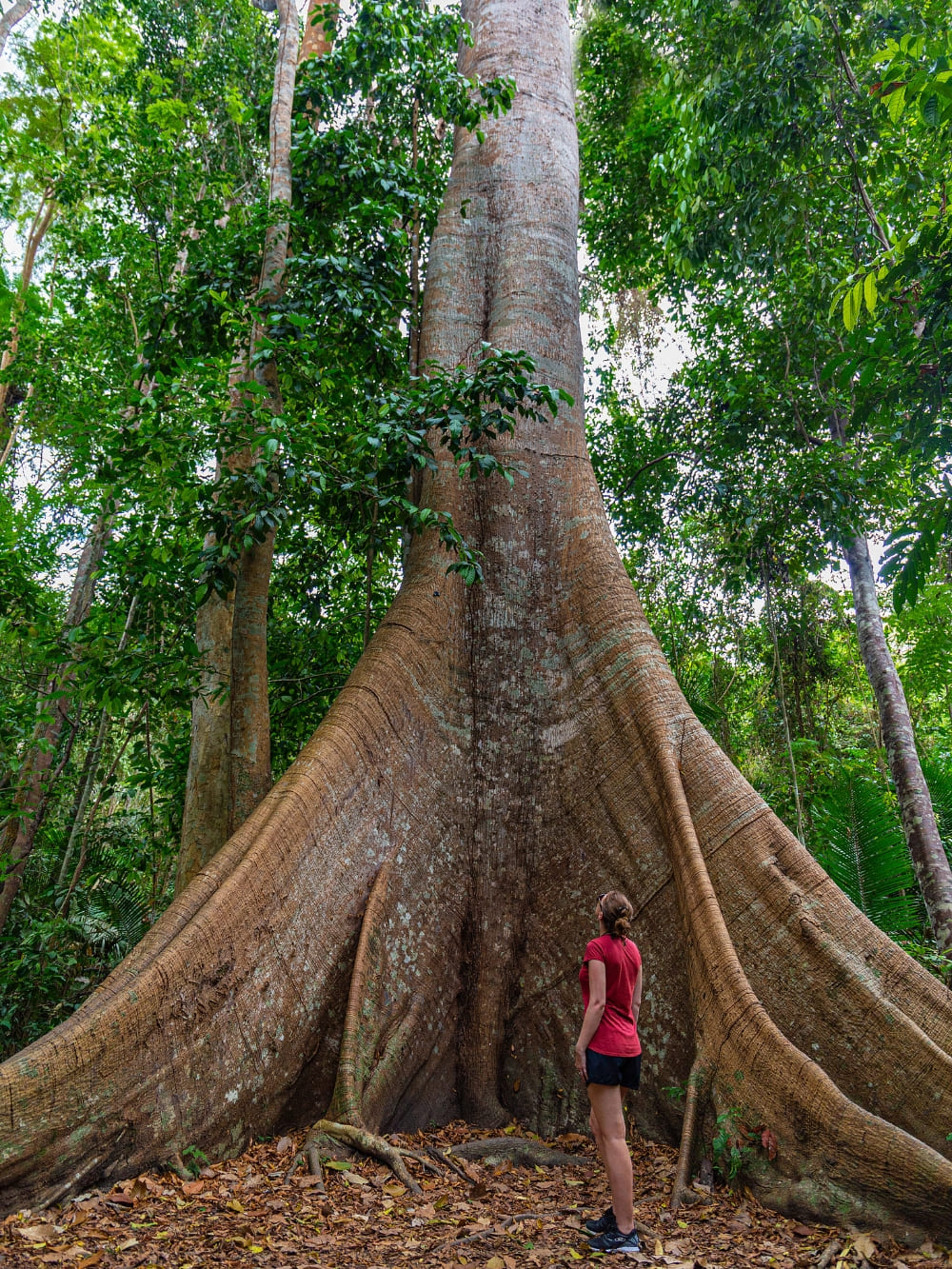
Photo: Ticiana Giehl
Travel consciously
Reducing plastic use when traveling does not require great sacrifices, just awareness. Every choice made during the planning and execution of a trip can have a direct impact on the environment visited. Ecotourism alone will not solve the plastic crisis, but it is part of the answer: it promotes knowledge, encourages sustainable behavior, and strengthens communities that depend on preservation.
On this World Environment Day, the invitation is clear: travel more consciously, with less plastic, and more purpose.
Discover how your next trip can make a difference. Explore PlanetaEXO’s nature-based tours and be part of a more sustainable way to travel.

